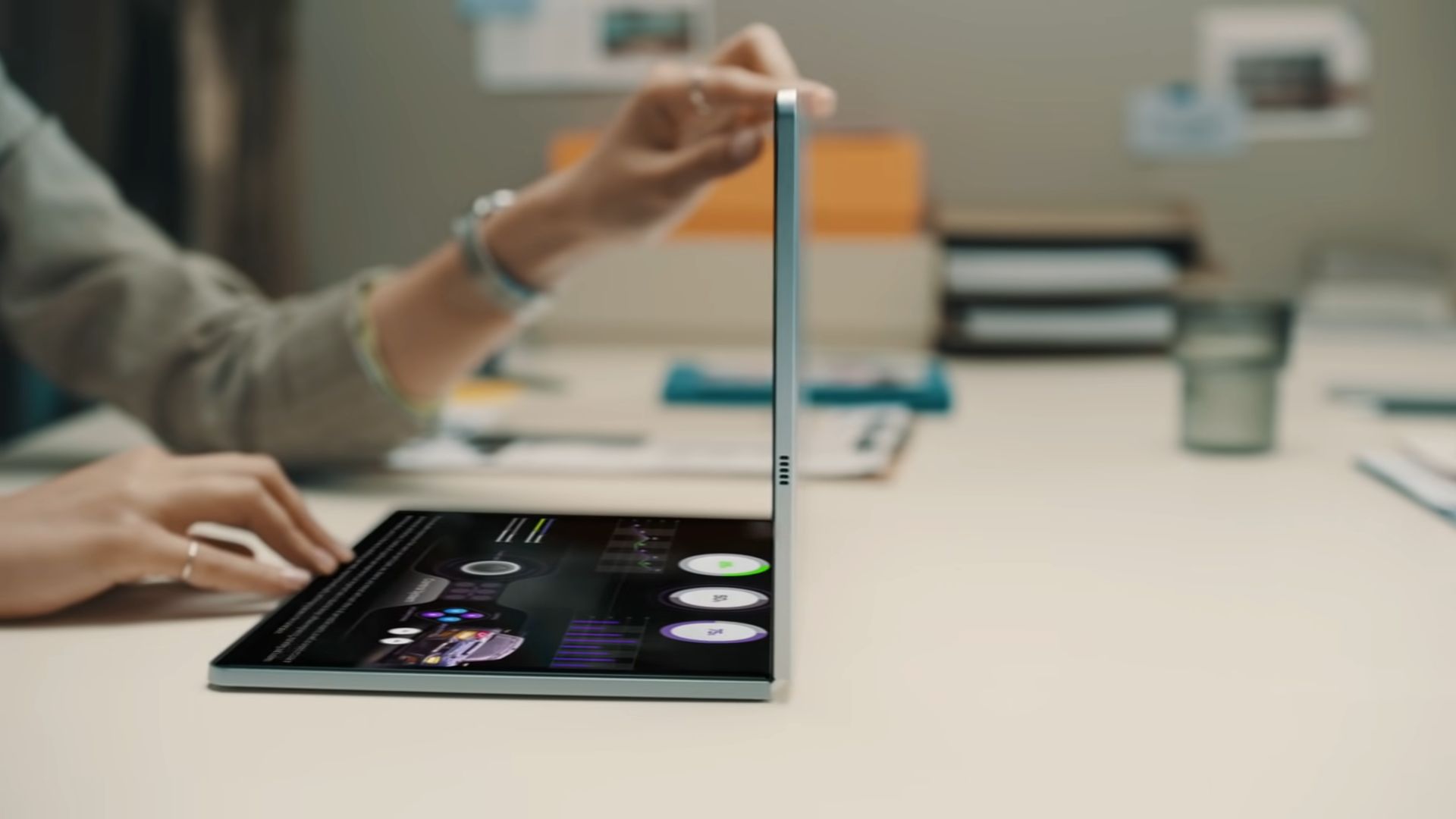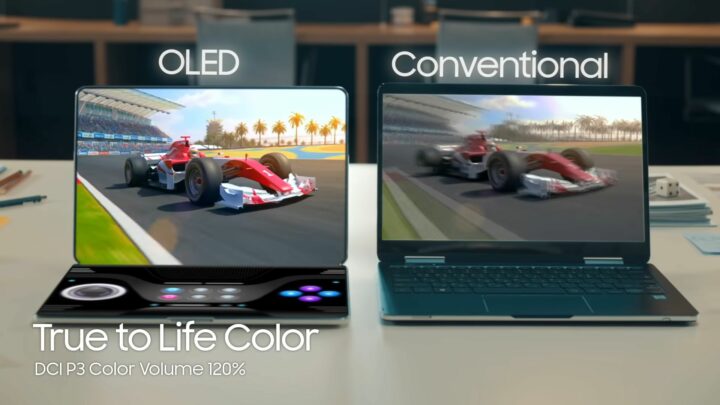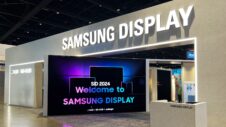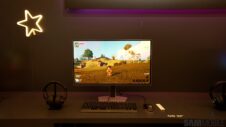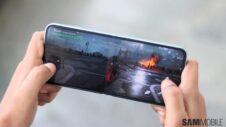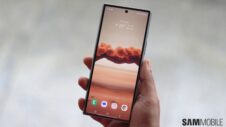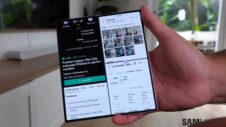Samsung's foldable phones are revolutionary, even though the Korean tech giant appears to be the only OEM leading the revolution. They're fairly expensive to make, too, which is probably why not many OEMs are rushing in to become a part of this emerging segment early on, or at the very least, they exercise a lot of caution when developing a new foldable device.
Samsung, on the other hand, has a lot of confidence in its foldable display technology and dictates the tone of the foldable device industry. The company went as far as revealing new foldable prototypes in different form factors during various display events in recent years, and some are more ambitious than others. But whether these ambitious foldable devices offer a glimpse of the real future remains to be seen.
Although I am all in favor of developing new foldable or rollable devices and revolutionizing the mobile industry, I believe that the one form factor that isn't worth pursuing is the foldable laptop. Even though, according to rumors, Samsung may have a 17-inch foldable laptop in the works already.
Even “PC-replacement tablets” need a physical keyboard if they're to be taken seriously
All laptops can fold in half, but the main difference between a regular laptop and a foldable laptop is that the latter has a large foldable display instead of a physical keyboard.
In theory, a foldable laptop should have a single foldable panel and the ability to become a massive tablet when opened 180 degrees. Half of the foldable display would turn into a typing area with on-screen buttons when operating in a more traditional laptop mode, and herein lies the problem.
Touch-based software keyboards are not great. They never were, and the reason why they became popular for smartphones in the first place is that smartphones aren't designed primarily for productivity.
Laptops, on the other hand, are often used for office work, and one of the make-or-break features of a laptop is the keyboard. Is it comfortable to use for prolonged periods of time? How tactile is the feedback, and how accurate can you be while speed typing?
These are all important questions when it comes to determining the quality of a laptop, and to save you the suspense, no on-screen keyboard to date can beat a physical laptop keyboard in these areas.
Productivity and lack of tactile feedback don't go hand-in-hand
By now, you probably see where this is going. I believe that laptops with foldable displays could be a nice gimmick, but I highly doubt that they'll ever be more than that or be capable of replacing regular laptops, even if they can double as large-screen tablets.
Samsung is well aware that a large Galaxy tablet — such as the Galaxy Tab S8 Ultra — needs a physical keyboard attachment to truly become a productivity-oriented device. Even Apple silently admitted that its MacBook Touch Bar was nothing more than a gimmick when it decided to go back to regular function keys with the latest MacBook model.
I genuinely believe that foldable laptops with on-screen keyboards are inherently a bad idea that no OEM should pursue. Samsung might be using the laptop form factor to demonstrate the capabilities of its foldable display technology at various events, and that's fine. But practically speaking, I truly believe that a foldable laptop would be nothing more than an oversized foldable tablet with a very poor substitution for a keyboard, delivering a sub-par notebook experience. And I don't think the Windows laptop market needs another gimmick when Apple is clearly winning this race.
In conclusion, foldable smartphones may be the way of the future. But if there's one foldable form factor that should never exist, I believe it's the foldable laptop. Do you agree? Or do you think foldable laptops would somehow improve upon the existing tried-and-tested physical keyboard formula? Feel free to leave a comment below.
Join SamMobile’s Telegram group and subscribe to our YouTube channel to get instant news updates and in-depth reviews of Samsung devices. You can also subscribe to get updates from us on Google News and follow us on Twitter.
